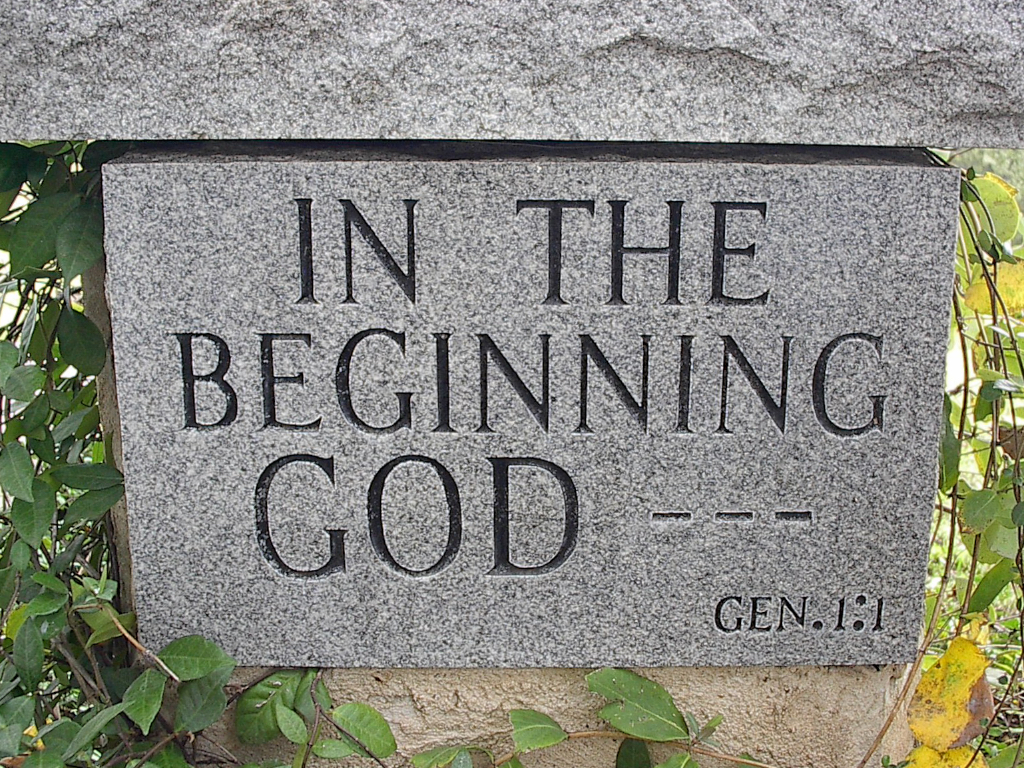
Is it really okay to expect and seek an intimate father-child relationship with The Lord Almighty?
For some, it is a bridge too far. This might be because of the doctrines of their faith house. However, many just can’t figure out how to reconcile honoring God as The Lord Almighty while snuggling close to Him as Abba, Daddy, in the secret place.
The fear is that one will lose their proper awe or fear of the Lord. That could happen, if you don’t understand how to relate to God as both. So how do we reconcile these two things?
Remember, you’re walking in Jesus’ shoes now.
I’ve often pointed to how Jesus walked in our shoes during his human earth life. It’s time to focus the flip side: as a redeemed son or daughter of God, you are meant to walk in Jesus’ shoes!
That begins with this very issue. Jesus did the very thing you are challenged with, and He learned how to properly relate to God as both The Lord Almighty and as Abba, Father.
That fact lit upon me one morning while reading some New Testament verses for the upteenth time. It was such a common phrase I had always slid over it: Jesus, the Son of God, also called the Father, “My God.” It is recorded for us when he appeared to Mary after he rose from death:
Jesus said to her, “Stop clinging to Me, for I have not yet ascended to the Father; but go to My brethren and say to them, ‘I ascend to My Father and your Father, and My God and your God.’”
John 20:17 (NASB)
The fact that he distinguishes this here makes it clear that his posture with the Father didn’t stop with the Father-Son intimacy. He viewed the Father as God, as His God — and therefore worthy to be worshiped, and obeyed.
Jesus (the Son of Man) figured it out, and modeled it to his disciples.
While the observation of his submissive and reverent obedience to the Father has always been clear to me, I assumed it simply came out of His love for and desire to please His Father. While true, Jesus made it clear that he also was motivated to honored the Father as His God. While having full faith that he was God’s Son, as a human man, he also worshiped the Father as His God.
We know that Jesus modeled this concept and reality for his disciples, because Peter also refers to “the god and father of our Lord Jesus Christ” in 1 Peter 1:3:
Blessed be the God and Father of our Lord Jesus Christ, who according to His great mercy has caused us to be born again to a living hope through the resurrection of Jesus Christ from the dead…
1 Peter 1:3 (NASB)
In addition, Apostle Paul uses this same language in his letters to the Roman, Ephesian and Corinthian churches:
May the God who gives endurance and encouragement give you the same attitude of mind toward each other that Christ Jesus had, so that with one mind and one voice you may glorify the God and Father of our Lord Jesus Christ.
Romans 15:5-6 (NIV)
This consistent reference to the duality of how we know God, makes it clear that this was baked into the doctrine of the first Christians, as taught by Jesus himself.
Jesus, our brother and Lord, walked this walk before you. And demonstrated that it is right to look to the Father as your God, and equally right to relate to God as your heavenly Father.
Not only is it right, it is possible.
Relating to God as God and as your intimate loving Father is good. It is healthy, and it is, with the help of the Holy Spirit, something you can do.
Without doubt, the lines between those two will blur at times, and that is all right. But if God Almighty was worried about risking that, he wouldn’t have offered himself to you as Abba Father.
Why explore these things?
Because your ability to relate to God appropriately depends upon you being fully aware of and open to both relationships. And learning how to be fully engaged in both, at the same time.
Awhile back I wrote about the opposite side of this coin in a blog article, entitled “Your Father, Abba, Daddy.” In fact, it featured the same scripture from John 20:17, only then emphasizing that he was returning to “my Father and your Father”!
So, what? What is the difference?

Let’s resist the temptation to make this too deep and too difficult. In brief, here’s how I see the nuances related to both:
You worship your God, but you walk with your Father.
You obey your God out of reverent submission (aka, a healthy fear of the Lord). You obey your Father out of love and honor.
You call upon and stand with your God to enforce His defeat of your common enemy, the devil, and all his evil works. You work with your Father daily to do His will in the earth, building His kingdom together.
You bless God by giving what is due Him: thanksgiving, honor, and the tithe of your time, talents and wealth. You bless and honor the Father by receiving from Him all he offers you each day: his gifts, his strength, his character, his love.
As you can see, there is lots of crossover. And it’s not meant to be a formula, or a difficult thing to figure out. The Holy Spirit’s job is to guide you in both relationships, so that how you respond becomes natural, organic, God-honoring, Father-loving, life building, kingdom building.

I didn’t write these things so you could figure the whole thing out, but that you would know and believe.
Simply lean daily on the Spirit of the Lord, your helper and teacher, who is somehow, mysteriously, simultaneously, the Spirit of Christ, the Spirit of the Father, the Holy Spirit of God. He’s got you covered on all fronts.
The Trinity is truly one in power, authority, character and purpose. So why is our God expressed in three Persons, when other so-called gods are only one? It’s really simple, in my opinion: to reveal how righteous relationship works. To demonstrate how equals in a relationship love, honor, serve and submit to one another. Because the core value of our God is righteous relationship. But that’s a subject for a future article.
Related Posts
The Friendliness of God
“Go fix your tea, sweet and creamy, just like you like it.” I wasn’t expecting …









Leave A Comment